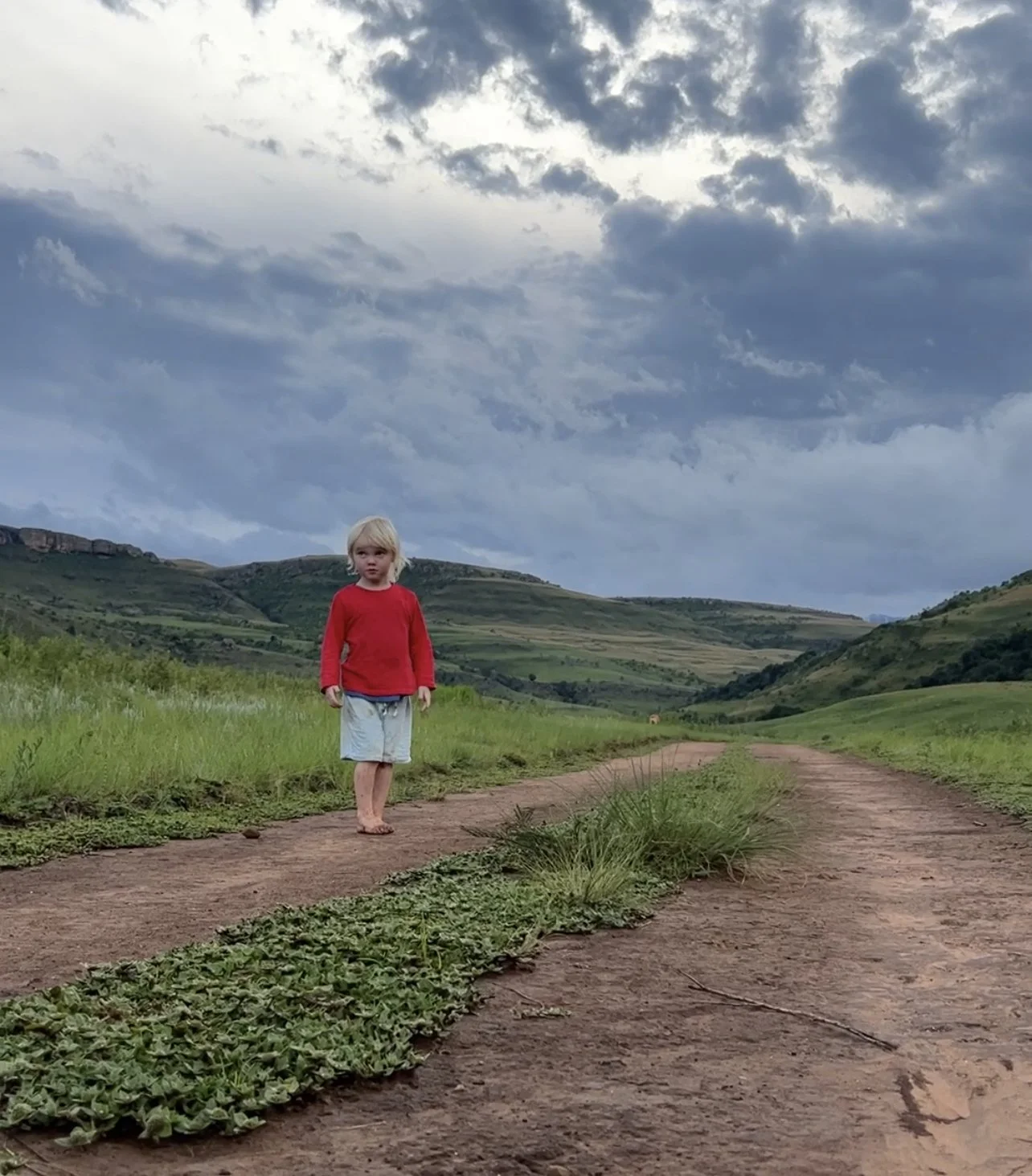What Does Heritage Mean?
What does ‘heritage’ mean?
It’s Heritage Day here in South Africa today. It’s intended to be a day of celebrating diversity between culture, race, gender and social classes. Upon the backdrop of the past few months of violence, it’s time we stop, pause, take a deep breath. It’s time to think deeply about recognition, understanding and empathy in this cruel, crazy, beautiful country we live in.
There is a lot of negative talk going around. This stuff is completely justified. South Africa is in a mess at the moment and we’d be blind to ignore the brutal facts. The crime stats from this month’s release of the SAPS annual statistics report made for some sobering reading. Basically, we’re 23 times more likely to get murdered in South Africa than in the UK, which has a similar size population as we do.
Not. Cool.
Why is this happening? Of course, it’s really, really, really complex. We know that a major factor is that our unemployment rate is close to 30%. As Valter Adão said in a Heavy Chef presentation in July, this number is higher than what it was in the US after the Great Depression, arguably the most studied period in economic history.
So, against the backdrop of Heritage Day, what can we do about it?
A lot of people are talking about leaving the country.
Some are calling for the death penalty.
Well, personally, I’m not leaving and I’m not a fan of sentencing people to die.
There is another view. One that a particularly smart Professor in the United States is advocating - that we innovate our way out of crisis. In the ‘Prosperity Paradox’ Professor Clayton Christensen* argues that innovation is the only way a country like South Africa can lift itself out of chaos. This makes sense. We cannot rely on resources like coal and agriculture alone to prop up the economy. If we look at examples like South Korea and Estonia, where abject poverty was common 30 years ago, these countries are now considered some of the most advanced and prosperous in the world.
Both examples relied on a handful of people to strategise and execute on macro-levels in order to impact change across an entire population of people.
“Ja, well, that’s fine,” I hear you say. “Those countries have homogenous cultures. South Africa has too much diversity for us to pull together!”
Yes, but there are areas of strength which we can pull from, areas that we share across all SA’s conflated cultures, languages and belief systems.
South Africans have creative strength. Look at our rich artisanal heritage.
South Africans are resilient. Laawwwd knows we’ve been through a lot.
South Africans are resourceful. When we get stuck, we make a plan. That’s our way.
Yes, there is a significant challenge in diversity, but could there also be an opportunity?
An opportunity, through innovation, to leapfrog over our international competitors in areas such as gin, music, finance, wine, coffee, banking, insurance and the delivery of news media.
Possibly, in amongst all this doom and gloom, there is an opportunity to reflect upon our heritage over the next week and see some hope.
Some of you will have read Good To Great, the seminal book by Jim Collins. In a piece called ‘The Stockdale Paradox’, Collins relates the story of Admiral James Stockdale who survived a POW camp in Vietnam for over seven years of abject abuse and torture. When asked how he did it, he explained: “You must never confuse faith that you will prevail in the end — which you can never afford to lose — with the discipline to confront the most brutal facts of your current reality, whatever they might be."
Simply: confront the brutal facts, but never give up hope.
Christensen reminds us that the USA’s economic state 150 years ago was comparatively worse than modern day Burundi, yet despite its heritage of diversity, the USA is now the most prosperous nation in the world.
Is there a chance that, perhaps, our very own, very rich heritage of diversity is also our greatest asset?
Photo by Nathan Dumlao on Unsplash






